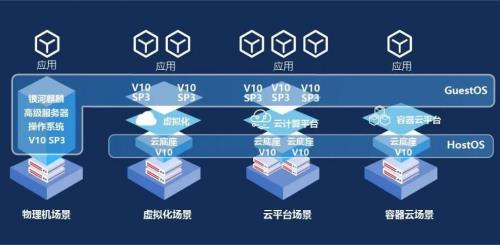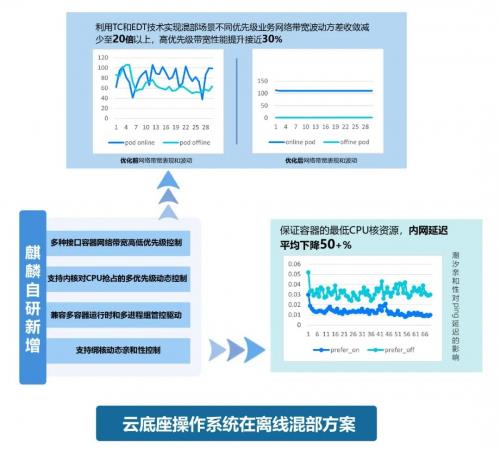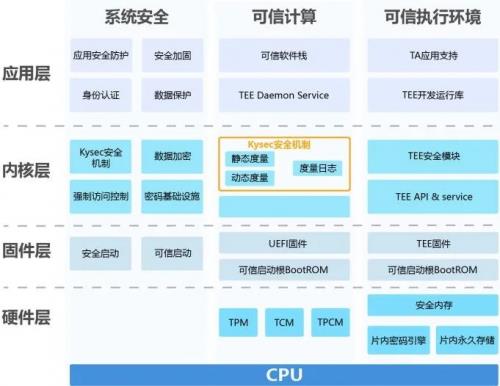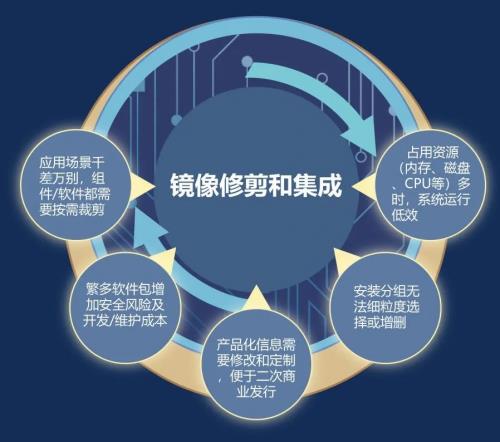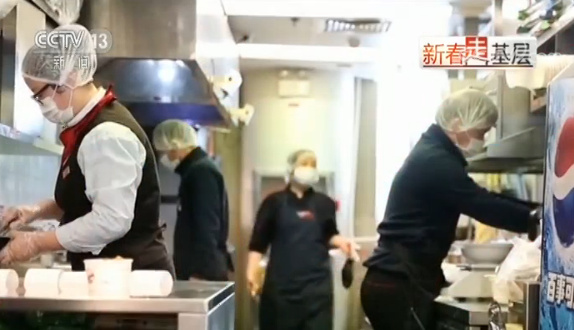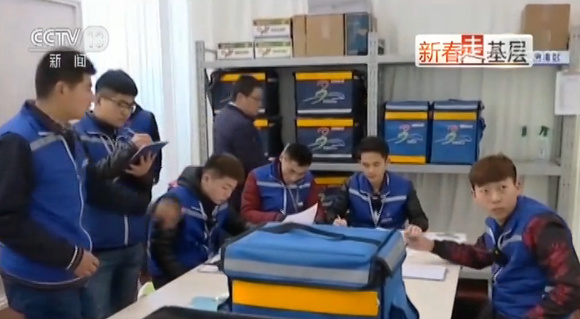With the rise of food delivery platforms, many people have experienced a convenient lifestyle, but others have taken up the business of "picking wool" and enjoying "free lunch" on the platform. Recently, some netizens revealed that there are some people selling "free lunch" tutorials online, with prices ranging from 10 yuan to 50 yuan.
On March 27, the reporter found a buyer. After a simple exchange, the other party sent a "WeChat chat record". The so-called "tutorial" is some words to teach people how to maliciously bad reviews, complaints and refunds. Some more "advanced" methods are to use software to capture numbers, generate new users, and get discounts on first orders. For these behaviors, lawyers believe that if consumers obtain goods for free through malicious or false complaints, this is a breach of contract in the transaction process, and the behavior itself is also an immoral and fraudulent behavior. And the use of software to obtain numbers may also be suspected of infringing on citizens’ personal information.
Primary "plucking wool" malicious complaint to achieve refund
On the morning of March 27, after the reporter entered "refund takeaway" on the Salted Fish platform, products such as "Meituan" and "Ele.me" refund tutorials soon appeared, with prices ranging from 10 yuan to 50 yuan. Subsequently, the reporter sent a private message to a seller on the platform, and the other party replied within a minute and motioned to add him to WeChat.
After the verification was passed, the other party insisted on paying the money first and then giving the tutorial. After sending the other party a red envelope of 10 yuan, the other party sent a tutorial, which was actually a chat conversation. In the tutorial, the other party listed the refund process for the takeaway order, which mentioned that it was necessary to find the order number that had been paid, and then contact the customer service to complain. The reason was "stomach trouble". For hotel accommodation, the reason was "the room type does not match" and "the room smells bad".
After introducing the basic principles, he hypothesized several situations to deal with. "There is a customer service call back later, and the task is to find a way not to give you a refund, so you have to be tough"… "He will give you a refund within 4 hours". It was also mentioned that the final money was paid by the takeaway platform, and the customer service had the authority, "They will lie to you, and the merchant refused."
Is it really effective to use such a set of methods? The reporter started the test at noon that day and ordered a spicy bone rice set through Meituan takeaway, which cost a total of 21 yuan. After 30 minutes, the takeaway staff delivered the set meal. After eating, the reporter began to call the platform customer service number, claiming that "my stomach hurts", and then made a refund request. The customer service quickly asked, "What is the specific discomfort? Did you go out for medical treatment?" After some investigation and communication, the customer service staff proposed to contact the merchant for coordination. He said, "If the merchant agrees, the money will be returned within 1 to 3 working days. If not, the platform will also bear the cost of compensation."
It was thought that the next refund would be a long waiting process, but after two or three minutes, the platform customer service called back and said, "We have communicated with the merchant, and the merchant agreed to fully compensate the cost of this time, which is 21 yuan in total." Then, the reporter explained the reason for the complaint and explained the purpose of the test.
Then, the customer service staff also said that they usually receive one or two complaints about similar food quality, but whether there is a real quality problem and whether the other party has maliciously complained, they can only follow up through the company’s supervision department.
Advanced "plucking wool"
Use the software to generate numbers to enjoy discounts
In the process of communicating with the seller who sold the "wool picking" technology, the other party also mentioned that there are more "advanced" methods, which are nothing more than using software to generate numbers, then registering a takeaway platform account, becoming a new user, and enjoying discounts on the first order.
Online, a seller sells a software called "Mango," which sells for 299 yuan. After unzipping and installing it on a computer, it can generate some mobile phone numbers, receive verification codes through the computer, and then use the mobile phone number to register as a new user. For example, some products can enjoy a discount of 20 yuan off the first order of new users, and you can get these coupons by registering with a new mobile phone number.
The reporter noticed that these software will also be updated regularly, and after the update, the corresponding technology will also be adjusted.
Regarding the use of software to capture numbers to register as new users indefinitely, Professor Lin Honggang of the School of Cyberspace Security of Chengdu University of Information Technology believes that the core of this technology lies in "mobile phone numbers". For the source of these numbers, Lin Honggang introduced that one of them is the Trojan software developer’s own "number", which buys some virtual number segments online. These numbers may be some IoT network interface cards. A number costs about 1 yuan. You can send messages online, but you can’t make phone calls. Another is to use the network black industry chain to buy personal information leaked to the Internet. These numbers are cheap, ranging from 10 cents to 50 cents.
He said that software developers finally spread the software through the development of offline methods, and ultimately maximize the benefits. As for how to plug these loopholes, Lin Honggang believes that the first thing is to increase the crackdown on these illegal acts. At the same time, it is recommended that the platform reduce the privileges of some newly registered users, and at the same time give credit ratings to users, give higher privileges to some users who use it for a long time, and use third-party guarantees to avoid some malicious evasion.
takeaway platform
Criminals have been punished
Regarding this issue, the reporter consulted the takeaway platform. Among them, Meituan Takeaway responded that in the face of user complaints about food safety issues, the platform often prioritize and advance medical expenses. Of course, some criminals see this and use the platform’s trust in users and priority channels to defraud, causing damage to the legitimate and legitimate interests of the platform and merchants. When a merchant encounters a user’s claim for compensation due to food safety issues, it is best to negotiate compensation with consumers in person, report the situation to the platform in a timely manner, and take measures to call the police if necessary to avoid allowing criminals to take advantage of loopholes and cause unnecessary losses.
Meituan Takeaway also adheres to a zero-tolerance attitude towards acts that harm the interests of users and cooperative merchants, and works with merchants to investigate fraudsters to the end. At present, there have been cases of criminals being criminally detained by public security organs for similar acts. Finally, the platform responded by advising criminals not to use this kind of fraud to harm others.
Lawyer’s statement
Maliciously complain about "plucking wool"
It’s fraud.
Wang Yingzhan, a lawyer at Beijing Lanpeng (Chengdu) Law Firm, believes that the platform should set corresponding standards for customers to use malicious bad reviews to "pick up wool". It is not a refund once they encounter a complaint. It should rationally view consumers’ complaints and conduct a preliminary investigation. Only after verifying with the merchant can we take corresponding measures, because the merchants who have settled on the platform have the right to enjoy corresponding benefits. The platform should equally protect the legitimate rights and interests of merchants and consumers. The way users use software to continuously capture new number registrations is not a normal registration behavior, but through this behavior to enjoy relief, which is essentially to obtain property interests. This is a kind of fraud, and it is also a kind of behavior that destroys computer information systems.
Jiang Luxian, a lawyer at Taihe Tai Law Firm, believes that users who use malicious complaints and bad reviews to "pick up wool", although the amount is not large, are also fraudulent, and sellers who sell tutorials online are helping others to commit fraud. The act of using software to capture numbers to enjoy platform discounts depends on how the mobile phone numbers are obtained. According to Article 253 of the Criminal Law of the People’s Republic of China, those who violate relevant state regulations by selling or providing citizens’ personal information to others, if the circumstances are serious, shall be sentenced to fixed-term imprisonment of not more than three years or detention, and shall be fined or fined; if the circumstances are particularly serious, they shall be sentenced to fixed-term imprisonment of not less than three years but not more than seven years, and shall be fined. Anyone who steals or illegally obtains citizens’ personal information by other means may be suspected of violating citizens’ personal information.
Chengdu Business Daily-Red Star News reporter, Xiaohuai, intern, Han Jinyu, photo report
